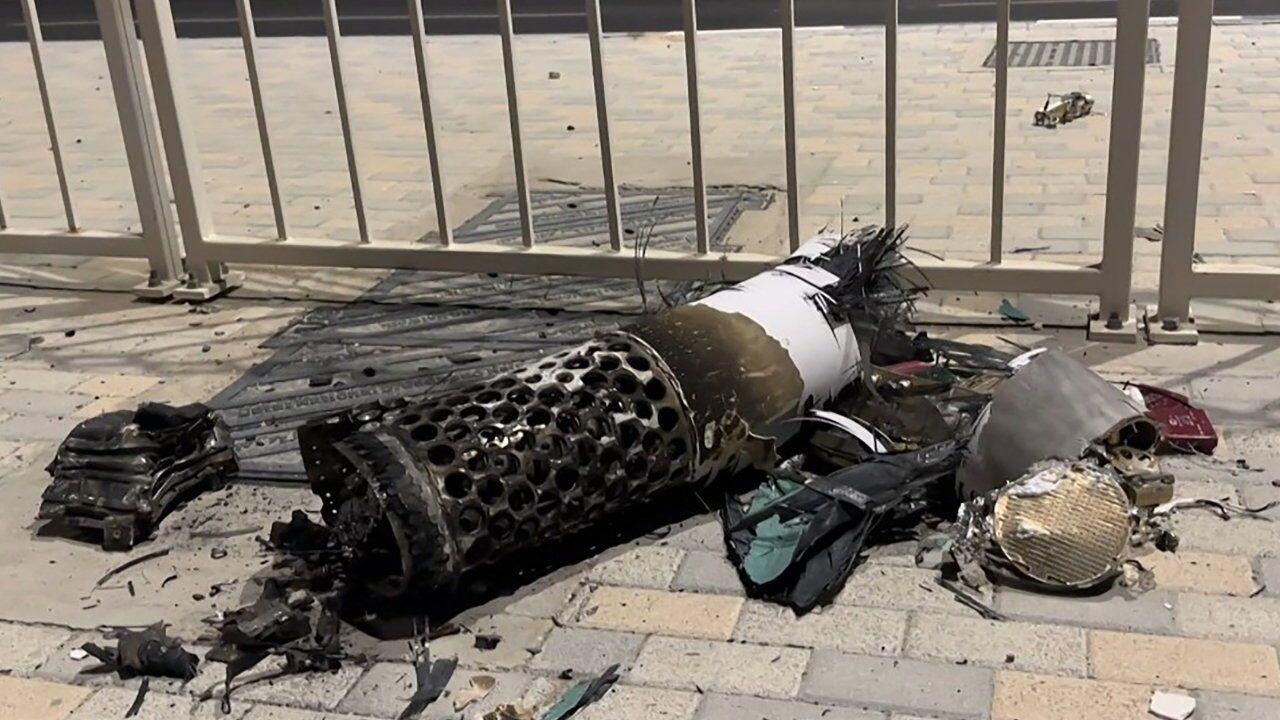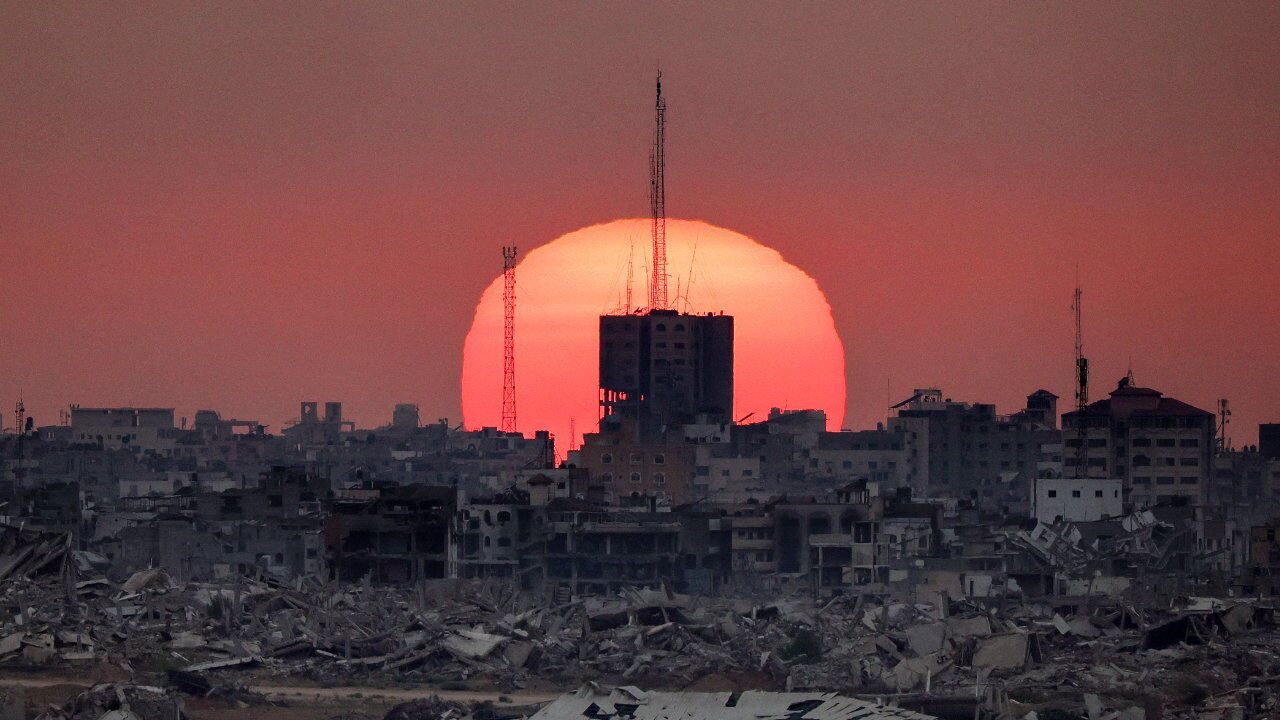After Iran’s knife-edge missile strike Trump says “no more hate”
A ceasefire may soon end the fighting

IT WAS THEATRE with ballistic missiles. On June 23rd Iran fired a salvo of 14 projectiles at al-Udeid air base in Qatar, which serves as the regional headquarters for America’s central command. The barrage was Iran’s first act of retaliation against America for its strikes, one day earlier, on Iranian nuclear facilities. It was clearly intended to avoid casualties and thus allow Donald Trump, America’s president, to avoid any further response of his own. Following the attack Mr Trump stated that it was “a very weak response” but added “I want to thank Iran for giving us early notice” and “perhaps Iran can now proceed to peace”. A short time later he announced that Israel and Iran had agreed to a ceasefire that would start in the coming hours. The fighting could soon be over—for now.

Donald Trump’s approach to Africa is very, well, African
What a meeting with five leaders says about his administration’s interest in the continent

Can Donald Trump force a ceasefire in Gaza?
As Binyamin Netanyahu travels to Washington, negotiators in Doha are racing to hammer out the details

The Israel-Iran war has not yet transformed the Middle East
Peace deals may be elusive, and Gulf states fear the war is far from over
Kenya’s president is bad news for Kenya and Africa
William Ruto’s tenure is a how-to guide for sowing cynicism about democracy
Iran’s “axis of resistance” was meant to be the Shias’ NATO
But today transnational political Shiism is struggling for its survival
Israel’s weird war clock: 12 days for Iran, 21 months in Gaza
Making peace with the Palestinians looks much harder than with Iran’s regime or Shias in Lebanon

